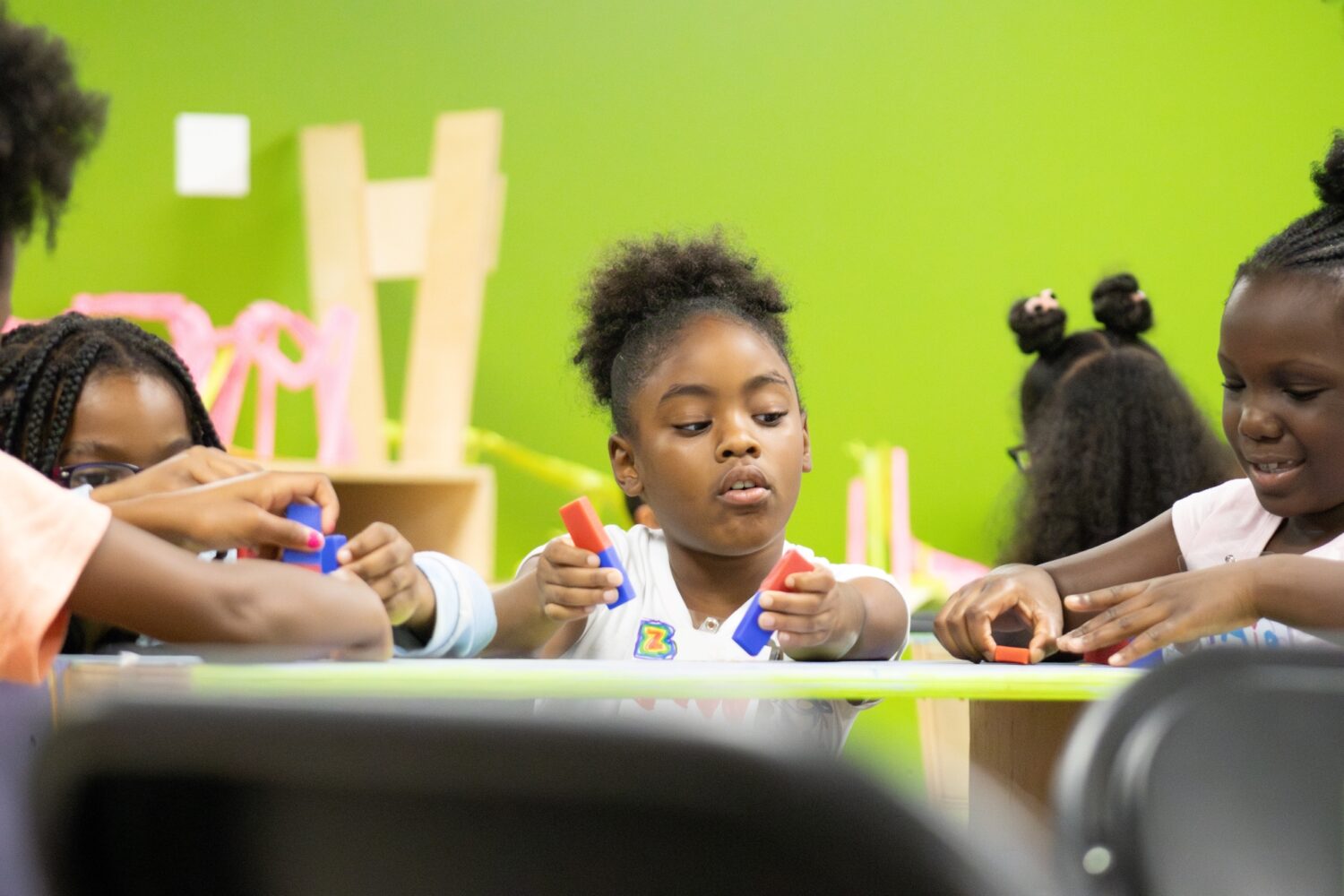Keeping STEM Sizzle: The Significance of Summer Retention Efforts in K-12 Science Education
By CRYSTAL HARDEN, EdD
CHAPEL HILL, NC (July 17, 2024)—Summer breaks are often synonymous with relaxation and leisure for students, but for educators and parents, it presents a challenge: the risk of summer learning loss. This phenomenon, particularly prevalent in STEM (Science, Technology, Engineering, and Mathematics) subjects, can impede students’ progress and enthusiasm for these critical fields. Hence, the importance of implementing effective summer retention efforts in STEM education for K-12 students cannot be overstated. Here, we delve into the factors contributing to summer learning loss and the significance of initiatives to combat it.
Factors Contributing to Summer Learning Loss:
1. Lack of Engagement: Traditional summer breaks often lack structured educational activities, leading to a decline in student engagement with academic subjects, especially STEM.
2. Inequity: Socioeconomic factors exacerbate summer learning loss, with students from disadvantaged backgrounds facing limited access to educational resources and enrichment programs during the break.
3. Forgetting Curve: Research indicates that without reinforcement, students can forget a significant portion of what they learned during the academic year, particularly in subjects requiring continuous practice and application like mathematics and science.

Importance of Summer Retention Efforts in STEM Education:
1. Sustaining Knowledge: Summer retention efforts help students maintain the knowledge and skills acquired during the academic year, preventing regression and bridging the gap between school years.
2. Fostering Continuity: Continuous engagement in STEM subjects over the summer fosters a sense of continuity in learning, enhancing students’ understanding and retention of complex concepts.
3. Cultivating Interest: Summer programs provide opportunities for hands-on exploration and experimentation, igniting students’ curiosity and passion for STEM disciplines.
4. Addressing Inequity: Targeted summer retention programs can mitigate the effects of socioeconomic disparities by offering accessible and inclusive learning experiences to all students, regardless of their background.
5. Building Confidence: Success in summer STEM activities boosts students’ confidence in their abilities, encouraging them to pursue further studies and careers in these fields.

Effective Strategies for Summer Retention Efforts:
1. Enrichment Programs: Offer STEM-focused summer camps, workshops, and classes that provide engaging, hands-on learning experiences tailored to students’ interests and skill levels.
2. Family Engagement: Involve parents and caregivers in summer learning initiatives by providing resources, activities, and guidance to support STEM exploration at home.
3. Community Partnerships: Collaborate with local organizations, universities, and businesses to expand access to summer STEM opportunities and leverage their expertise and resources.
4. Professional Development: Provide training and support for educators to design and implement effective summer retention programs that align with curriculum standards and pedagogical best practices.
5. Evaluation and Feedback: Continuously assess the impact of summer retention efforts through data collection, surveys, and feedback mechanisms to refine and improve program effectiveness.
Summer retention efforts are vital in sustaining student interest and proficiency in STEM education during the K-12 years. By addressing the factors contributing to summer learning loss and implementing targeted initiatives, educators and parents can ensure that all students have the opportunity to thrive and excel in these critical fields, regardless of the season. Investing in summer STEM retention is not just about preventing knowledge loss; it’s about nurturing the next generation of innovators, problem-solvers, and leaders who will shape the future of our world.
Crystal Harden, EdD, is the director of program and access initiatives at Morehead Planetarium and Science Center and an adjunct professor at the UNC School of Education.
